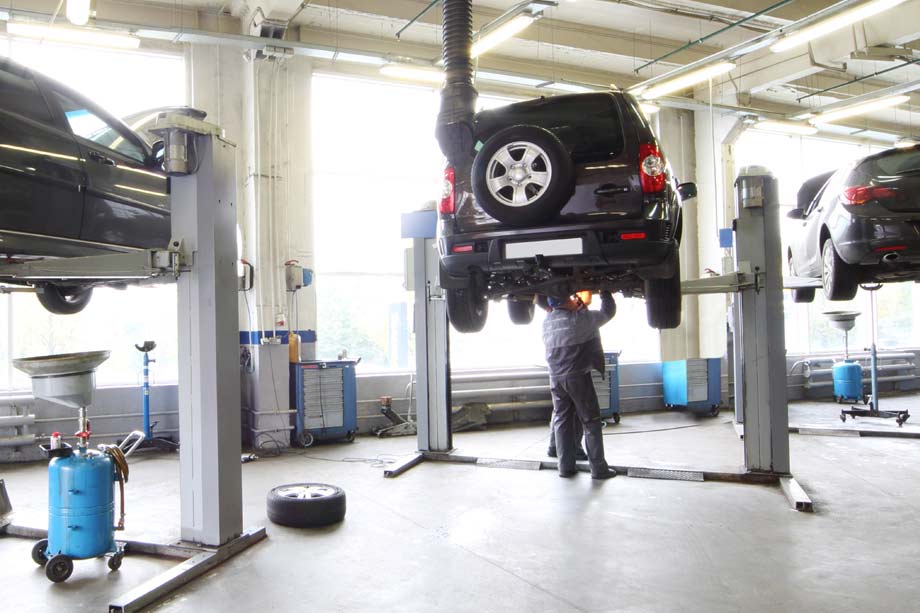All Categories
Featured

Comprehending the aspects that affect the expense of these repairs is essential for car proprietors who want to be prepared for the unanticipated. From the type of repair work needed to the make of your automobile, a number of key components can determine how much you'll pay for repairs.
- Kind of Repair service. The nature of the repair work plays a critical duty in the price. Basic fixings, such as changing an ignition system or brake pads, are typically more economical due to the fact that they call for less components and less labor. On the other hand, repair work that include intricate systems like the transmission, engine, or electric systems have a tendency to be more expensive. These repairs usually require even more specific components and proficiency, resulting in greater labor costs. In addition, if the fixing entails dismantling numerous parts, the labor expenses can climb substantially.
- Make and Model of Your Vehicle. Luxury and foreign cars, such as BMWs, Audis, and Mercedes-Benz, frequently come with higher repair prices due to their specialized components and the expertise required to work on them. In contrast, even more common cars like Ford or Toyota typically have much less expensive components and are easier for auto mechanics to function on, which decreases repair work prices.
- Parts Schedule and Quality. The price of the components needed for the repair work is an additional major aspect. The rarity of components, especially for older or specialty lorries, can likewise drive up the cost, as locating suitable substitutes can take time and effort.
- Labor Prices. Labor costs are just one of the most significant contributors to the general cost of vehicle repairs. These prices vary by area and service center, with metropolitan locations typically billing greater rates because of overhead costs. Mechanic proficiency additionally affects labor expenses-- much more experienced or specialized technicians often tend to charge even more for their solutions. The complexity of the fixing additionally contributes; fixings that require more time or specialized expertise, such as servicing an engine or electric system, will lead to greater labor charges. Labor is usually billed on a per hour basis, and some repair work can take several hours to complete.
- Extent of the Damage. If the damages is extensive and needs multiple components to be changed or repaired, the expense will certainly rise. When significant systems like the transmission or engine are affected, the repair service expense can rise rapidly due to the number of components and the labor involved.
- Automobile Age and Condition. Older automobiles have a tendency to need more constant repair services, and as components wear with time, the price of those fixings can boost. In most cases, older automobiles are extra vulnerable to issues with their engine, transmission, or suspension. Additionally, components for older models might be more challenging to find, which can boost both the rate and time required for fixings. Nonetheless, if your vehicle is still in great general problem and well-maintained, you might be able to expand its lifespan with fewer and more economical repair services. Automobiles with less miles on the odometer might likewise be less most likely to require expensive repair services in the future.
- Place of the Repair Service Shop. The place of the repair work store can additionally affect the cost of cars and truck repairs. Furthermore, dealerships frequently charge much more for repairs contrasted to independent repair service shops, although dealerships may use OEM parts and use specialized service for your make and model.
- Insurance and Warranty Insurance Coverage. In some situations, extended warranties or solution strategies can assist cover fixings for particular parts of the automobile. In addition, if the repair is an outcome of an accident, your auto insurance policy might cover the expense.

Conclusion. A number of aspects affect the expense of significant auto repairs, consisting of the kind of repair, the make and design of your vehicle, the high quality of the parts made use of, and labor charges. Comprehending these aspects can aid you far better get ready for repair work prices and make more educated choices when it's time for a significant fix. Regular maintenance, consisting of timely oil modifications, brake evaluations, and tire rotations, can assist decrease the need for expensive repairs down the line. If you encounter an expensive repair, it's always an excellent concept to get multiple quotes and weigh the benefits of utilizing OEM versus aftermarket parts to make the most cost-effective decision.
Latest Posts
Change Your Home with Quality Flooring Solutions
Published Apr 19, 25
1 min read
NAPA AutoCare Certified: Count on Montclare Auto Repair for Top-Tier Repairs
Published Apr 19, 25
2 min read
Meet the Experts Behind Montclare Auto Repair - Dedicated to Quality
Published Apr 19, 25
2 min read
More
Latest Posts
Change Your Home with Quality Flooring Solutions
Published Apr 19, 25
1 min read
NAPA AutoCare Certified: Count on Montclare Auto Repair for Top-Tier Repairs
Published Apr 19, 25
2 min read
Meet the Experts Behind Montclare Auto Repair - Dedicated to Quality
Published Apr 19, 25
2 min read